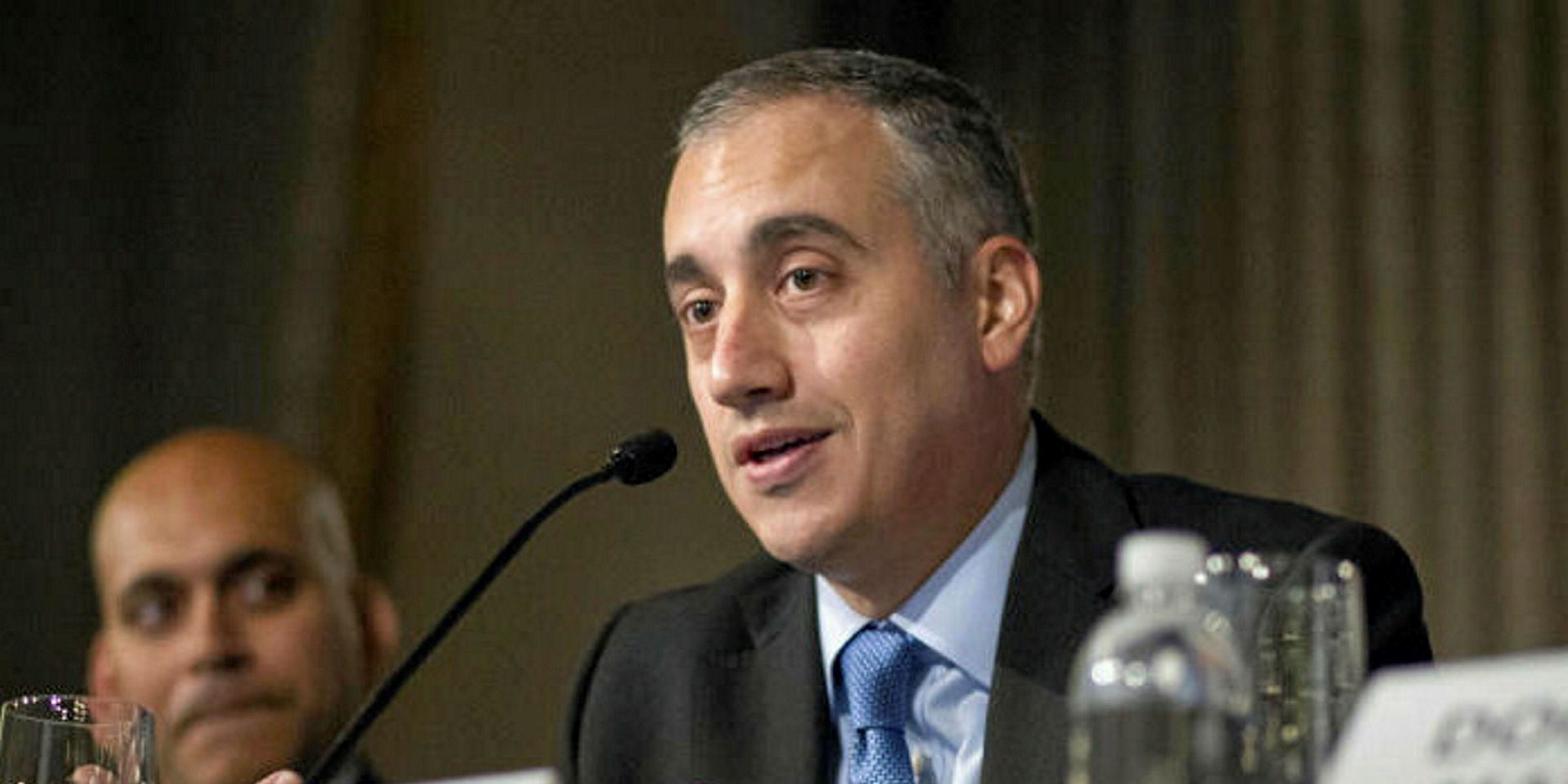Exhaust gas scrubbers may seem to be the golden ticket to IMO 2020 compliance given recent orders, but the industry is showing otherwise, according to a prominent analyst.
"With a new scrubber initiative revealed seemingly by the day, one would be led to believe that this technology is becoming THE solution to the IMO 2020 model and will temper any price impact on global oil markets," Evercore ISI analyst Jon Chappell wrote in a note to clients.
"One would be wrong."
Earlier this week, Eagle Bulk revealed plans to install scrubbers on 19 ships by the IMO 2020 deadline with the option for 18 more on its 48-ship fleet at a cost of $2m each.
Other shipowners have said they will also go with the technology, including Star Bulk Carriers, Frontline, Norden, Carnival Corp and Royal Caribbean Cruises.
KNOT Offshore Partners chief executive John Costain, however, has taken a cool perspective on the devices.
Chappell acknowledged that many shipowners are announcing scrubber plans but manufacturers indicate only 2,000 ships out of 60,000 vessels may have them by 1 January 2020.
"Therefore, as implementation date nears, our original inflated estimate of 2,600 ships (double what we thought was realistic at the time) still seems ambitious and it is becoming clear that scrubbers will not be a panacea to the IMO 2020 impact on the oil/refinery markets," he said.
Chappell said scrubbers could give a good investment return if the spread on high-sulphur and low-sulphur fuel oils remains above $300 per tonne, but it depends on the spread's magnitude and fuel consumption.
Downside to scrubbers
Scrubbers seem to be "an economic slam dunk" if shipowners can swing the cost and are confident in HSFO availability but there are potential hidden costs such corrosion control, maintenance and additional engineers, he said.
"We have yet to quantify the cost impact of the above (and it likely changes from ship to ship) but we include these notes to point out that scrubber installation is nit as simple as it suonds and it is often the technical team that pumps the brakes on implementation, not the bean counters."





